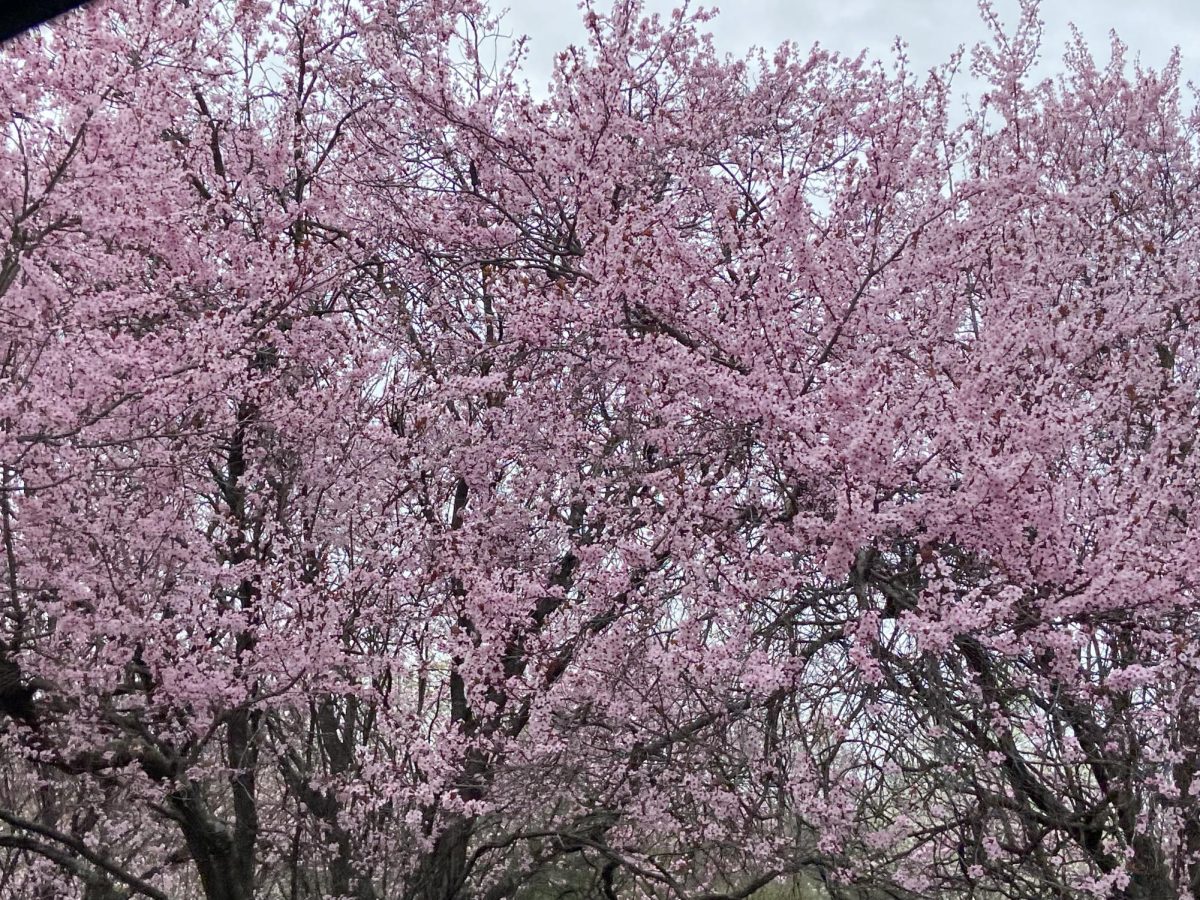Preserve Biodiversity
January 20, 2014
We all depend on biodiversity on this planet in one way or another, as do our future generations. Biodiversity is the vital link between all varieties of organisms on Earth, including animals, plants, humans and the atmosphere. Together, they all bind into a glorious, essential ecosystem.
Biodiversity offers recreational enjoyment, provides economic benefits, and even promotes our health and safety. Therefore, whenever there is a crisis relating to biodiversity, our own lives are directly at risk.
If an enormous reduction in biodiversity occurs, millions of people could become more vulnerable to disease, face extreme food and fresh water shortages, and other similarly grave calamities.
According to International Union for Conservation of Nature the value of goods and services provided by our ecosystem are estimated to amount to about 33 trillion U.S. dollars per year.
Biodiversity on Earth has rapidly declined in the last 35 years. Experts estimate that the extinction rate we are seeing now is between 1,000 and 10,000 times higher than the natural extinction rate—all because of us humans.
Generally, the major cause of the loss of biodiversity is the extreme human population growth rate. When there is an enormous population size, the demands of goods skyrocket. The result of this is habitat destruction, wildlife trade, change in land usage, pollution and much more.
Meat from wild animals forms a critical contribution to food sources and livelihoods in many countries, especially those living in high levels of poverty. For example, about 100 million tons of aquatic life, including fish, mollusks and crustaceans are taken from the wild every year in order to meet the high demand of seafood.
Not only that, but over 14 billion pounds of garbage is dumped into the ocean each year; and this garbage ends up being ingested by wildlife, suffocating sea life and making our waters toxic. This could potentially be a major risk for the consumption of seafood because it could contain mercury, pesticide residues, or other possible toxins that could lead to major health issues.
Although all this information could be very overwhelming, do not fret because we are not in a completely hopeless situation.
The good news is that there are numerous things you can do to help ease the effects of this crisis. The simplest, most everyday activities can create a huge, positive impact on our environment.
For example, it’s easy to reduce your carbon footprint by taking a moment to turn off the lights when you are not using them or, similarly, turn off the water faucet when it is not being used.
Nowadays, recycling is so simple. If you see any possible recyclables, such as paper products, cans, bottles and plastics, toss them in the recycle bin (careful not to throw any non-recyclable items into the bin because this could cause more work at the recycle center).
When food shopping, why not make the decision to buy organic? Spending a little extra money can significantly reduce the usage of fertilizers and pesticides into the environment.
Sustaining biodiversity in our community is extremely crucial. Every single small effort counts and will contribute to building a diverse world for our future.







